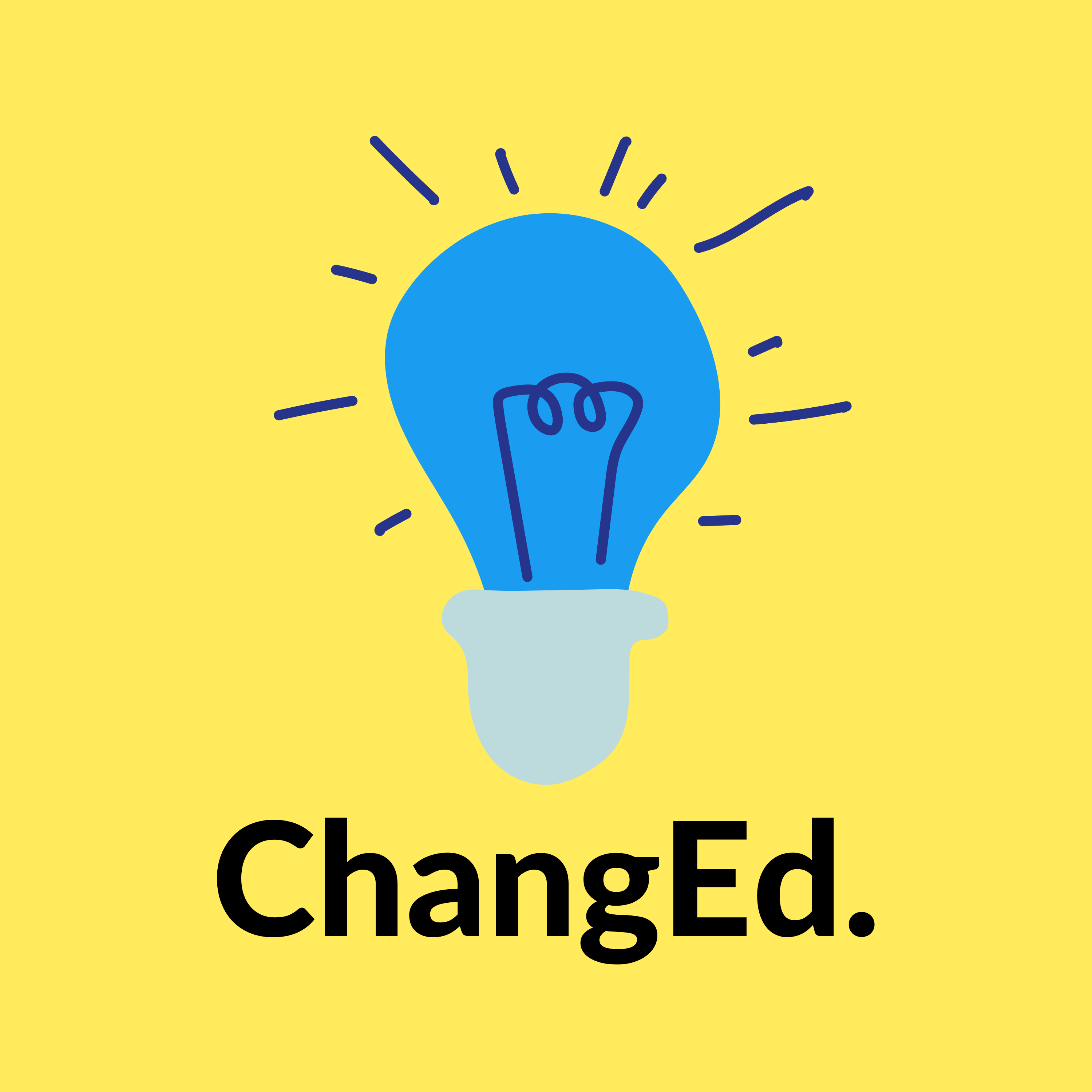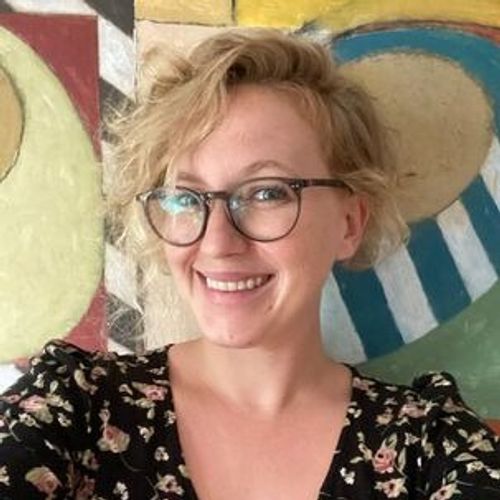Spotlight on Dr. Joseph Levitan
Welcome to our Spotlight Series! In the following episodes, we're featuring a short segment on each of our team members so you can get to know us a little better. Everyone was asked the same five questions:
- [00:43] Why are you interested in school change?
- [02:02] What brought you to this project?
- [03:04] What do you bring to this project?
- [03:33] What excites you most about NEXTschool?
- [04:44] Beyond NEXTschool, what other hats do you wear?
In this episode you'll hear from Dr. Joseph Levitan. Joe is an Associate Professor in the Department of Integrated Studies in Education at McGill University. His research interests include leadership, teaching, and policy for social justice in education, collaborative education development with marginalized and Indigenous communities, curriculum and pedagogy, responsive educational policy development and leadership, culturally grounded education, and intersectional analysis of culture, identity, and learning. In the NEXTSchool project, Joe focuses on how relational dynamics and communication patterns influence change processes.
For more info about our team and this podcast, jump to [06:22]. A transcript of each podcast, citations, and additional information accompany each podcast and are also available on our website at nextschoolquebec.com. Music is by Neal Read, he's at nealread.ca.
Transcript
Hello, and welcome to ChangEd, a podcast that lifts the curtain on educational change and brings you into the room with the people doing it. My name is Vanessa, and I'm your host. Instead of our regular episode format, we're going to do what we're calling a spotlight series on each of our team members, so you can get to know us a little better. Everyone was asked the same five questions. Why are you interested in school change? What brought you to this project? What do you bring to this project? What excites you most about NEXTschool? And, beyond NEXTschool, what other hats do you wear? In this spotlight episode, you'll hear from Dr. Joseph Levitan who shares his thoughts over a hot cup of tea.
Joe:I am interested in the ways that human beings get together and make things happen. Schools are a place where human beings get together and make things happen. Sometimes they do it well, and sometimes they don't. And when they don't, I really like to try to help make that better, if it is appropriate and if I'm invited. I'm also interested in school change because I think school change and social justice have a very strong connection and most of my work is really focused on making spaces more just and caring and good for people because a lot of our institutions are not that. Schools are places where kids are engaged in a lot of development. And when schools are not providing the environment and content and learning experiences for students to grow up to be able to feel like they are whole, happy, and able to contribute to society and make sure that they live their own good lives, that's a big problem. And it leads and bleeds into a lot of the other problems that we face in society because instead of using what kids learn in school to make the world a good place, they have to overcome the traumas of bad schooling. And so I don't think that's okay.
Joe:So, when I first moved to Montreal to work at McGill University, I made friends. And those friends were Lisa Starr and Noel Burke, among others. Noel was working on the development of this NEXTschool project during that time. And because I was teaching classes in the educational leadership program and he was also teaching classes in the educational leadership program, we started chatting and he told me about this project that he was working on. And my area of research for my PhD was about socially just educational leadership and how to transform schools to be more socially just through a leadership perspective. And because of that, he was like, oh, cool, this is what I'm trying to do, but, you know, in a different way based on Montréal and the Québec context. So, he kind of invited me and Lisa and she was kind of spearheading the research side of this, she was serving as my mentor, and so it kind of made a lot of sense for me to be involved.
Joe:Within the NEXTschool's project, most of my focus is on the interpersonal dynamics. So, thinking about, you know, if you can affect interpersonal dynamics to be productive and with positive feedback, um, and kind of like feedback that is constructive and critical at the same time and building trust and building relationships where people are motivated to do the work. That can have a really profound impact on the entire organization. So, that's kind of the stuff that we're working on with the next schools.
Joe:What excites me most about the NEXTschool project is the possibility for creating sustainable change in a school that, you know, may be functioning fairly well, but could do better. So, because the NEXTschool project is ongoing, it's long term, we have people embedded in schools or who will be embedded in the schools. It'll be really nice to see, kind of from start to finish, what happens when this kind of change process comes about in a very bureaucratic space. Most of my work is in less bureaucratic spaces, and so there's a lot of freedom because of government neglect, because I usually work in remote and rural communities. So trying to do this in an urban setting with a lot of oversight, bureaucratic oversight, will be interesting to try. I think that will be something that I'm excited to see. I'm excited to see the partnerships between a university and a school system in a way that actually brings research to life and brings practical knowledge to research, and that dialogue is really important. And I enjoy working with all of the teammates that we have going on in the NEXTschool project.
Joe:I am now an associate professor at McGill University in the Department of Integrated Studies in Education. This project is one of four or five that I have. I bring about a dozen years of experience working with communities in Peru and the U. S. on educational change processes from a participatory action research approach. Where I work with students using student voice methodologies to change the curriculum, to change teaching practices, to think about how to analyze and identify problems that can have a, what's called a fractal effect. So you make a small change in the school, but that change will have ripple effects onto the greater organization to make it better. And so looking at things like design thinking or looking at things like participatory action research or community based participatory action research or culturally grounded education. All of that stuff is what I bring. So I bring a perspective of systems and ecological systems theory and change processes oriented around voice, student voice in particular, but also community voice, uh, leaders and teachers and the intersection of all of these different perspectives and ways of thinking, ways of being to actually address a problem, that is well defined and well identified, like an actual problem, not just an assumed problem, and make changes that can then have a ripple effect on to the greater community.
Vanessa:You've been listening to ChangEd. My name is Vanessa Gold and I'm your host. I'm a PhD candidate and part of a research team at McGill University interested in educational change. Each of us brings diverse experiences and expertise to an ongoing investigation of this topic within a current school change initiative being piloted in Quebec called NEXTschool. You can find more information about this initiative and the work our research team has done on our website at www.nextschoolquebec.com. Part of our goal in producing this podcast is to share what we're doing and involve you, our listeners in the research process, speaking with members of our team, other academics, experts, and practitioners amongst others, each episode explores one of many complex facets of educational change. You can expect topics like how to lead change, getting past inertia, the politics of change, and people's lived experiences of school change as it happens all within, but not exclusive to the NEXTschool context.
Vanessa:Spearheading the initiative is Noel Burke. Dr. Lisa Starr is the principal investigator of McGill's NEXTschool Research Team and Dr. Joseph Levitan, Dr. Lynn Butler-Kisber, and Dr. Bronwen Low are co-investigators. Five graduate students round out the research team, including myself, Ellen MacCannell, Aron Rosenberg, Anna Villalta, and Natalie Malka. You'll be hearing from all of us as we explore the tricky and important work of making schools better for everyone. This podcast and our research about NEXTschool is funded by the Social Science and Humanities Research Council. ChangEd is produced by Vanessa Gold. Music is by Neal Read he's at nealread.ca. A transcript of today's podcast, citations and additional information are on our website, www.nextschoolquebec.com. Thanks for tuning in. We're looking forward to engaging with you.

